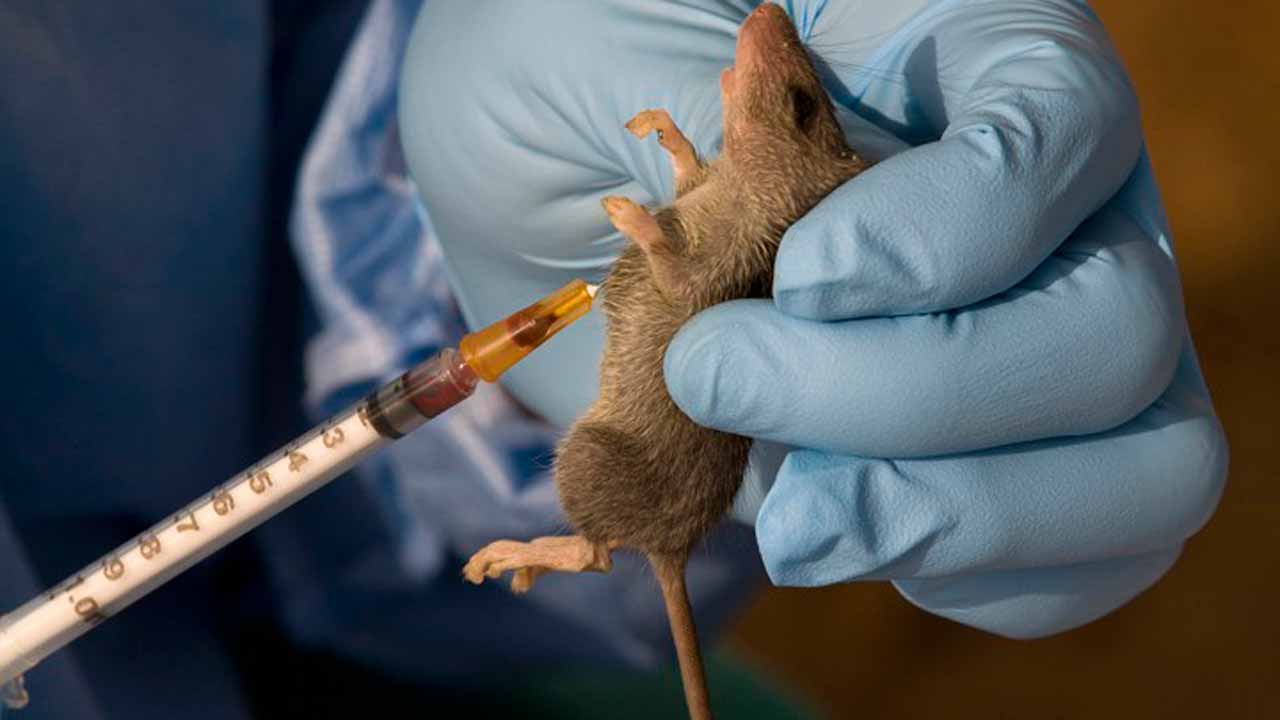Health
Study highlights potential impact of lassa fever vaccine

A new study says deploying a safe and effective Lassa fever vaccine across 15 West African countries can save nearly 3,300 lives over the next decade.
The study was done by researchers from the Universities of Oxford and Liverpool, and the Liverpool School of Tropical Medicine.
It said that the vaccine could also prevent up to 128 million dollars in societal costs.
The study was published in Nature Medicine on Wednesday, and made available to our reporter.
It underscored the public health significance of Lassa fever, a viral disease spread by rodents and contaminated food, and the critical need for a vaccine to protect millions from the illness.
It said that vaccination could prevent prohibitive treatment costs that often drive families into poverty.
Dr Richard Hatchett, Chief Executive Officer of the Coalition for Epidemic Preparedness Innovations (CEPI), stressed the urgent need for a vaccine.
According to Hatchett, Lassa fever is a serious public health problem in West Africa, and its potential to spread is heightened by climate and environmental changes.
“This study demonstrates the necessity of developing a vaccine to protect against this debilitating and sometimes deadly disease,” he said.
Dr Virgil Lokossou, Head of the Division for Preparedness and Response at the West African Health Organisation, said that Lassa fever continued to pose a significant threat to the health and economies of West African nations.
Lokossou called for accelerated vaccine development as part of regional preparedness efforts.
“Time is now up for concrete actions,” he said.
The study, led by Senior Researcher, Dr David Smith, also explored the potential impact of deploying a vaccine against a hypothetical Lassa-like virus with pandemic potential, dubbed “Lassa X”.
Dr Joanne Turner, Co-Author and Research Associate at the University of Liverpool, said that the simulated Lassa vaccination campaigns reflected realistic constraints, including limited global vaccine stockpiles and targeted distribution to endemic regions.
Turner said that the impact was most significant in Nigeria, Guinea, Liberia and Sierra Leone, where the disease burden is highest.
CEPI, one of the leading funders of Lassa vaccine research and development, has already advanced four potential vaccine candidates into human trials.
One of its partners, IAVI, recently launched the first-ever Phase II clinical trial of a Lassa vaccine in Abuja, Nigeria
The findings suggest that early vaccination efforts could save approximately 5,500 lives and prevent 33,000 hospitalisations over a two-year outbreak.
Recall that Lassa fever, identified by the World Health Organisation as a pathogen with high potential for severe outbreaks, poses a growing threat as climate change puts an estimated 700 million people at risk.
Symptoms of the disease include fever, headache, muscle pain, and in severe cases, facial swelling and bleeding.
Survivors often suffer from long-term complications, such as deafness.
The study’s estimates indicate that, on average, Lassa fever results in 23,700 hospitalisations and 3,900 deaths annually in West Africa.
However, the true burden of the disease is likely much higher due to limited access to diagnostics and healthcare.
Researchers concluded that a population-wide preventative vaccination campaign, particularly in endemic areas, would be the most effective strategy to reduce the health and economic burden of Lassa fever.
Reactive vaccination in response to outbreaks, while beneficial, was found to be significantly less effective.
In collaboration with investigators from Nigeria, Benin, Guinea, Liberia, and Sierra Leone, CEPI is conducting the largest multi-country investigation into Lassa fever epidemiology.
The investigation is aimed at enhancing understanding of the virus and informing strategies to combat its spread.




 Davido's Net Worth & Lifestyle
Davido's Net Worth & Lifestyle 
